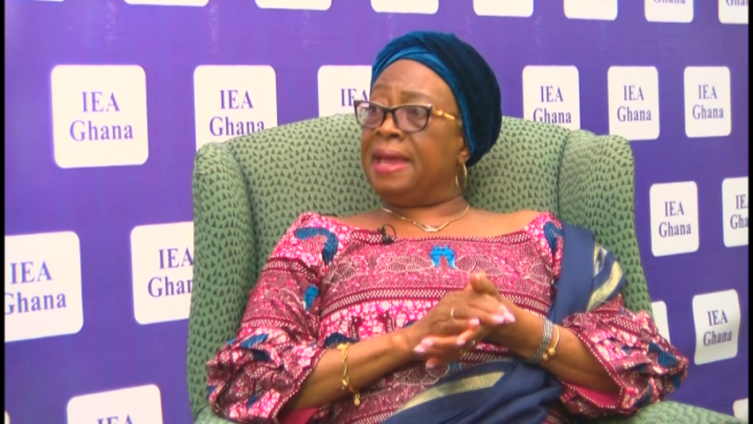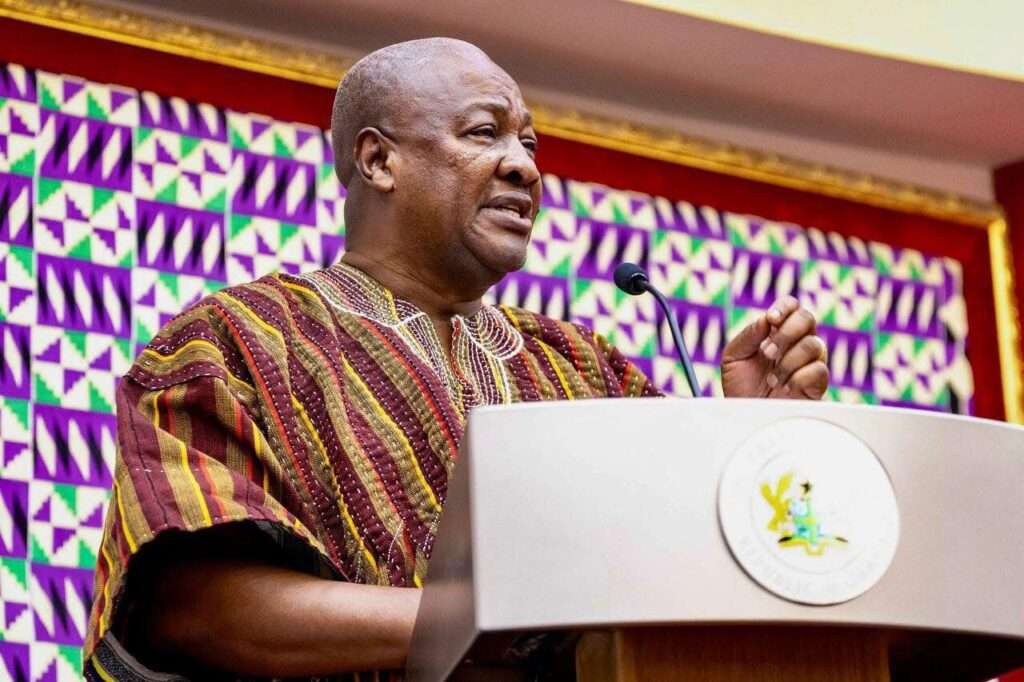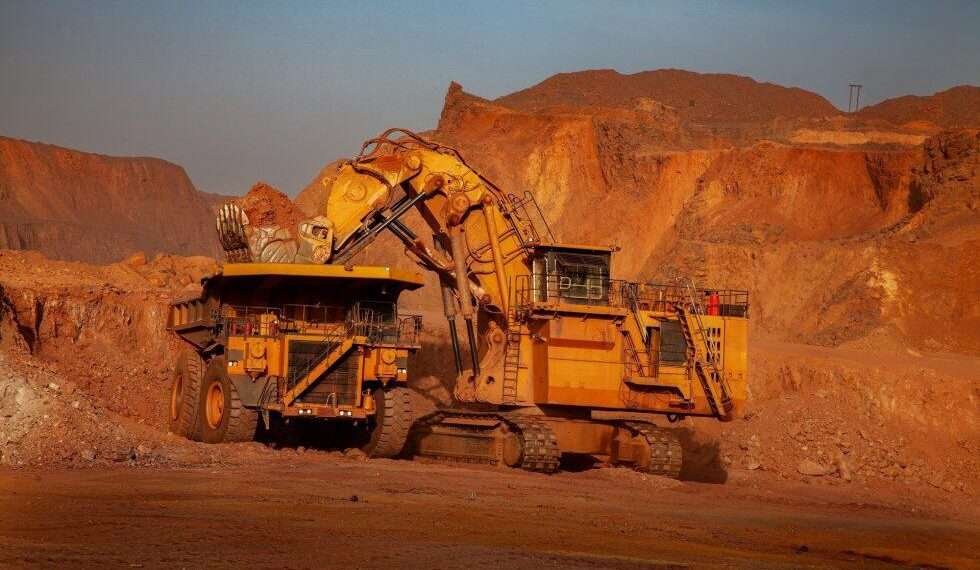Ghana is home to some of the world’s richest mineral deposits, and its gold mining sector has made it one of the leading gold producers globally.
Gold, in particular, has been a major contributor to the country’s foreign exchange earnings. The country’s bauxite, manganese, and newly discovered lithium resources are also proving to be valuable as global demand for these minerals rises, particularly in light of the ongoing push for green energy solutions.
Despite this wealth, the policies governing the extraction of these resources and the distribution of proceeds between the state and foreign investors have come under increasing scrutiny.
In recent calls for reform, former Chief Justice Sophia Akuffo has raised critical concerns regarding Ghana’s extractive industry and the policies that govern it. She urged for a reassessment of the 1992 Constitution to better address mineral resource agreements.
According to Madam Akuffo, Ghana’s current agreements do not adequately serve the interests of its citizens when compared to those in other jurisdictions, leaving the country vulnerable to exploitation.
She questioned, “What should be our policy on our natural resources?” emphasizing the need for a policy shift that ensures greater national benefits.

“The things under our ground which we don’t seed or feed and which belong to us totally, but when it comes to making use of it, we position ourselves to be exploited.
“I’m using that word very advisedly because when you read about systems and formulae used some ten years ago in other jurisdictions, you keep asking yourself, ‘why are we still doing it like we are in the days of Governor Guggisberg?’”
Sophia Akuffo, former Chief Justice
Ghana’s extractive industry has long been dominated by multinational corporations that benefit significantly from the country’s mineral wealth.
While these companies bring expertise, technology, and capital investments, many argue that the financial benefits are disproportionately skewed in their favor.
Critics of the current policy framework point out that Ghana receives a relatively small share of revenues, largely in the form of royalties and taxes, while foreign investors reap substantial profits.
This has fueled calls for a renegotiation of mining agreements to ensure that Ghana gets a fairer share of its natural wealth.
Proponents of reform argue that policies should be implemented to require mining companies to reinvest in local communities and support sustainable development initiatives.
Madam Akuffo further highlighted the socio-economic impact of mining on local communities. She lamented that despite decades of mining activity, many towns where valuable minerals have been extracted remain impoverished.
“You end up with really pathetic towns where a valuable mineral has been extracted for years, for decades, sometimes centuries.
“When you think of the amount of gold or diamond or whatever has been mined all those years and what it has done to the town, you ask yourself what went wrong somewhere.”
Sophia Akuffo, former Chief Justice
Need for a Balanced Extractive Industry Policy

In his State of the Nation address, President John Dramani Mahama highlighted efforts to create a more organized and transparent regulatory framework for Ghana’s mining sector.
“We are establishing a framework that categorizes mining activities into small, medium, and large-scale operations, each with tailored regulations. Establishing a Gold Board will ensure effective governance of the gold industry.”
Additionally, the government aims to capitalize on Ghana’s salt production capacity, positioning it as a major export commodity under the African Continental Free Trade Agreement (AfCFTA).
With the global push towards net-zero emissions, the government is also focusing on critical minerals such as lithium, which have growing demand in the renewable energy sector.
President Mahama noted that the anticipated development of integrated aluminum and iron industries will significantly increase the value of Ghana’s natural resources.
Lithium has become a mineral of global strategic importance, given its critical role in battery technology and renewable energy solutions. Ghana’s discovery of lithium reserves presents an opportunity for the country to leverage this resource for industrial development.
However, stakeholders stress that without proper regulation and equitable agreements, the country risks repeating past mistakes in the gold and bauxite sectors, where local benefits have been limited.
The government’s commitment to crafting policies around critical minerals is seen as a step in the right direction.
By ensuring that Ghana retains more value from its lithium reserves, the nation could enhance its industrialization drive and create high-value jobs in processing and manufacturing rather than just exporting raw materials.
The call for a constitutional review to refine Ghana’s extractive industry policies underscores the growing demand for fairer resource governance.
While Ghana has benefited from its mineral wealth, concerns over foreign exploitation and inadequate local development persist.
The future of Ghana’s extractive industry will depend on how effectively the country manages its natural resources.
Striking a balance between attracting foreign investment and maximizing local benefits is essential to ensuring that Ghana’s mineral wealth translates into long-term national prosperity.
READ ALSO: President Mahama Vows To Fix Ghana’s Crisis





















